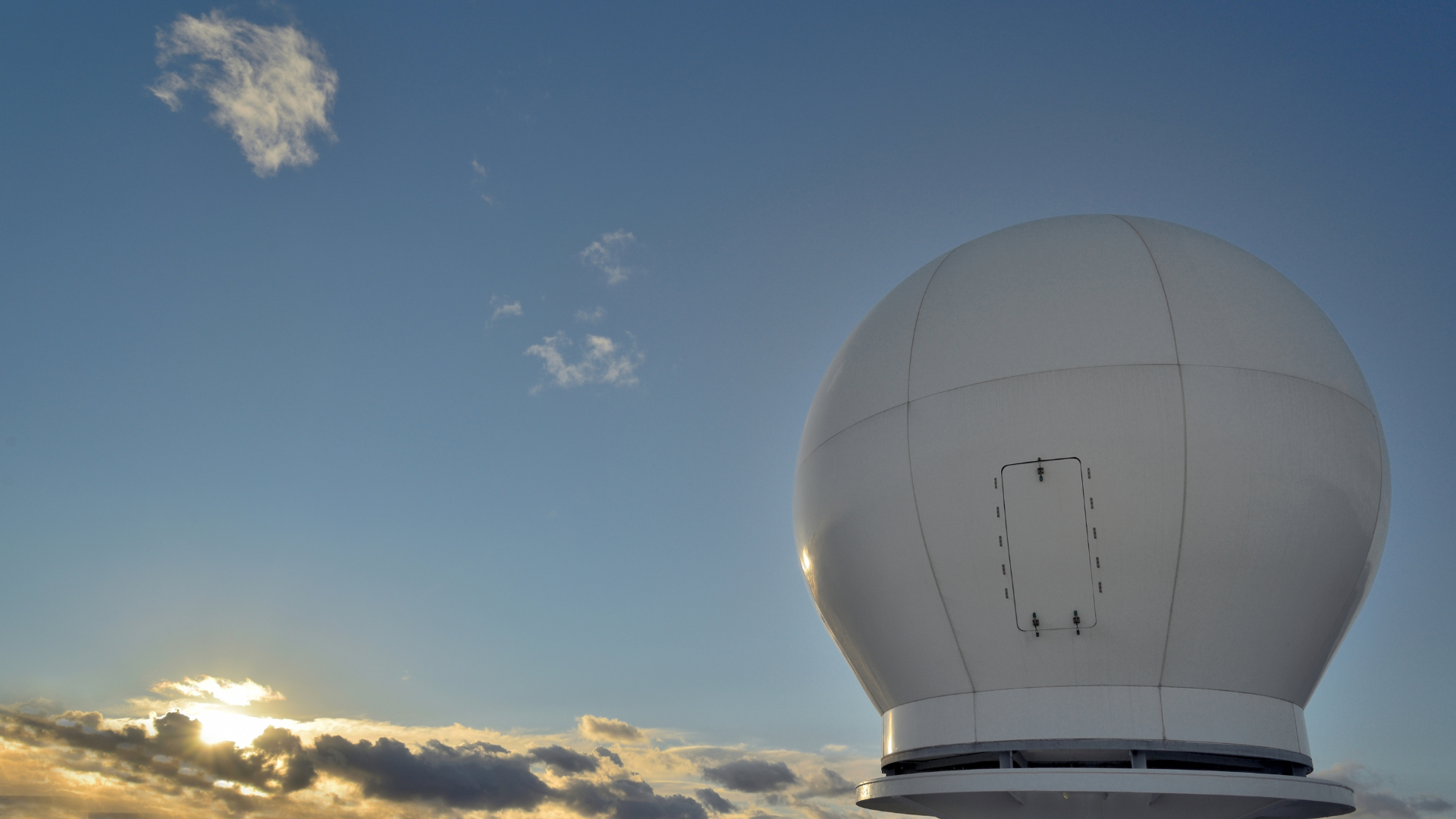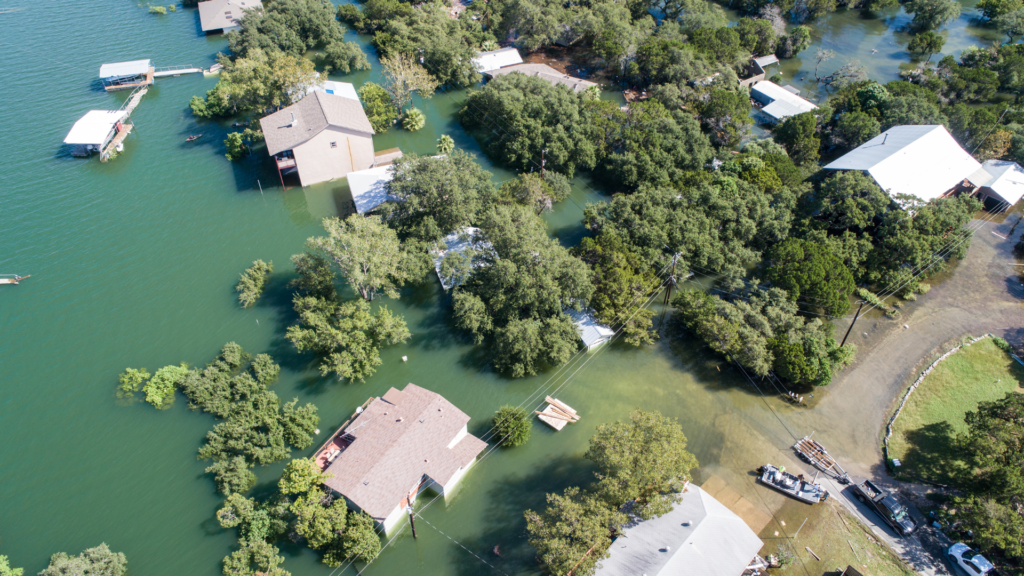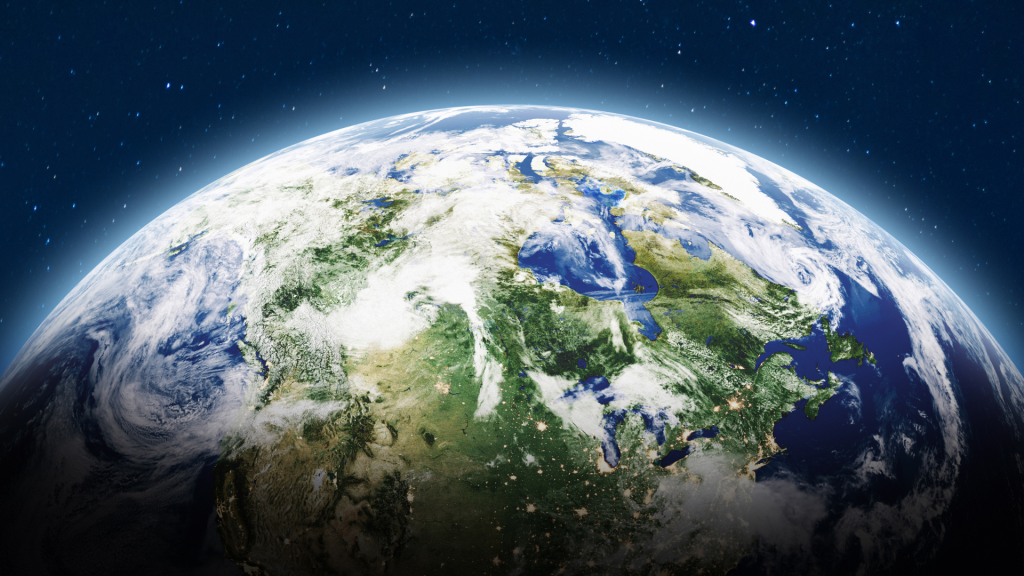Weather is one of those things that we all know about but often don’t like to think about. It’s something our everyday lives depend on, but we usually just take the weather for granted. Weather and science are two very different concepts, but they can be related in many ways. Take a look at some of the science behind what makes weather happen, and see how weather and science are really not so different after all.
What is Weather?
Weather is the term used to describe the conditions of the atmosphere, which can be seen and felt by people. The atmosphere is a layer of the Earth’s atmosphere that extends from the surface up to about 10 miles above it. It occurs when air masses move around and mix, and it is affected by temperature, pressure, and wind.
How Does It Affect Us?
When it comes to the weather, understanding the science behind it can help us make informed decisions about what to wear, where to go, and how to prepare for potentially dangerous conditions. Preparing ourselves for potential dangers before they happen can reduce our chances of being injured or sickened by bad weather.
Here are five ways understanding the science of weather affects us:
- Weather affects our daily lives. In hot climates, wearing sunscreen can help keep us safe from skin cancer; in cold climates, wearing a coat can help keep us warm. Knowing when and where to wear these items is essential for staying safe and comfortable during different weather conditions.
- It can also affect our health and safety. A harsh winter storm can cause power outages that could lead to accidents or injuries; similarly, hot weather can increase the risk of illness.
- It has an impact on our economy. The business sector is especially susceptible to the effects of bad weather; if there’s a prolonged period of rain or snowfall, for example, businesses may experience decreased sales or even closures due to poor visibility or slippery roads. Understanding the science behind precipitation patterns can help businesses make more informed decisions about whether to open their doors during inclement weather conditions.
- The weather has social implications as well. Bad weather can lead to canceled events and disrupted transportation; it may also be disruptive enough that people feel like they need to stay home instead of going outside, which may have negative social consequences too
What is the Science Behind it?
Weather is the study of the conditions that prevail in the atmosphere at any given time. It encompasses everything from the tiny particles that make up clouds to the larger structures, such as hurricanes and typhoons, that can affect large areas. A critical part of our everyday lives, affecting everything from how we dress to how we commute. The basic ingredients for weather are air, water vapor, and dust. These elements interact with each other and with the sun to create clouds, rainbows, snowflakes, and much more.
The physics of weather is complex, but it can be broken down into three main components: meteorology (the study of Earth’s atmosphere), climatology (the study of climate), and hydrology (the study of water). Meteorologists use computers to model weather patterns, while climatologists use measurements taken from around the world to piece together trends in climate. Hydrologists monitor rainfall and streamflow levels using satellites and surface stations.
Every day, weather impacts our lives in countless ways. For example, cloudy skies can lead to decreased sunlight exposure and increased chances of skin cancer. Heavy rains can cause flooding; high winds can damage homes and businesses; thunderstorms can cause power outages, and wildfires can destroy forests. In short, weather is essential not only for human life but also for the environment we live in.
What the Future Holds for Weather
The future of weather is shrouded in uncertainty, but there are a few things we can be reasonably sure of. For one thing, climate change is going to continue, and with it come more extreme weather events. Scientists have already predicted that the world will experience more intense and frequent heat waves, floods, droughts, and hurricanes by the end of this century.
Another certainty is that technology is going to continue to evolve. We’ve already seen major advances in our ability to forecast weather patterns and track storms on a global scale. In the future, we may even be able to use artificial intelligence to understand better how weather affects the planet as a whole.
However, despite these developments, predicting the future of weather remains an uncertain science. That’s because there are still many unknowns about how climate change will affect storms and rainfall patterns, for example.
So while we can’t predict everything with absolute certainty, understanding the principles behind weather forecasting should help us make better predictions in the future.



